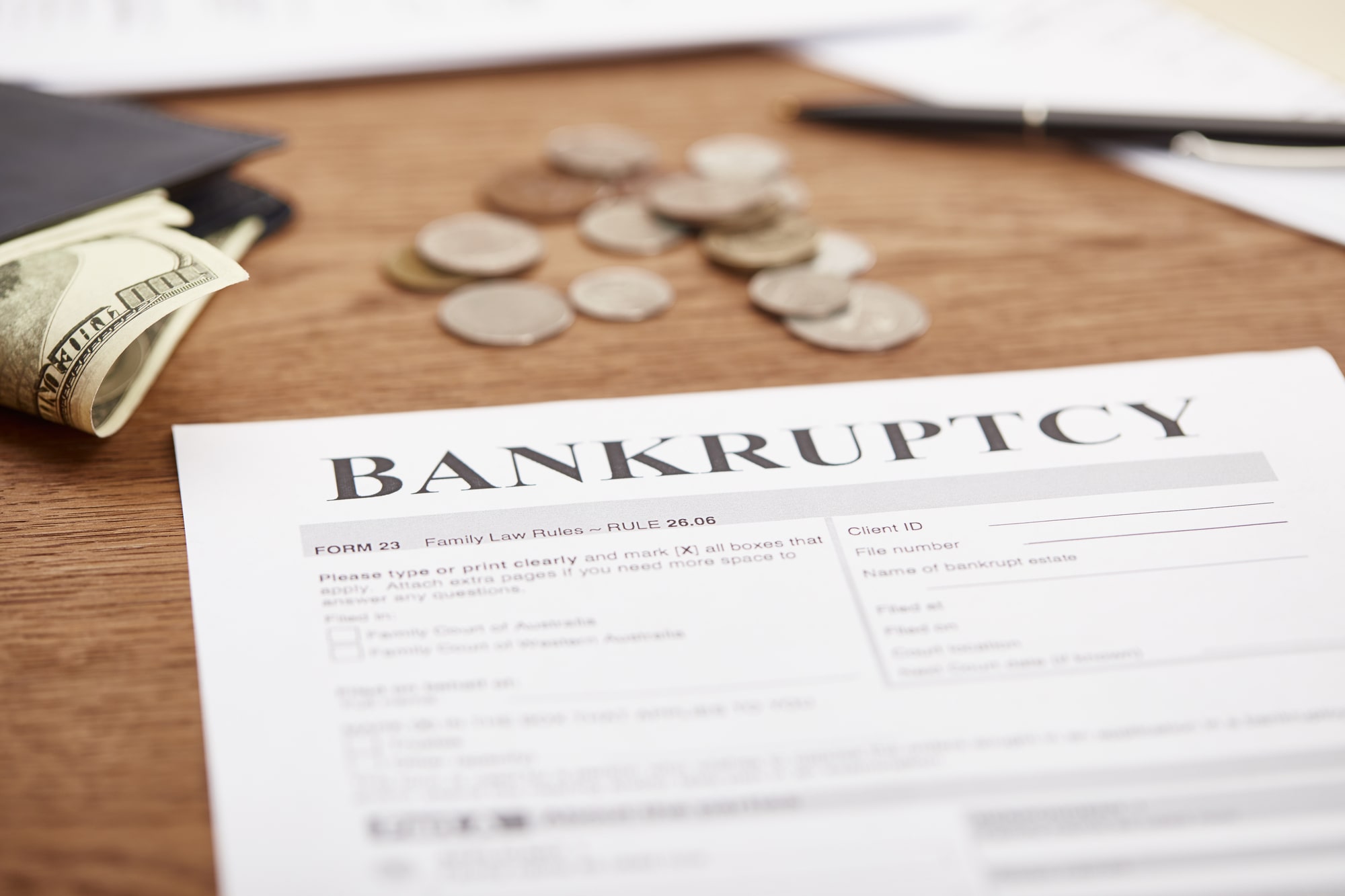
Bankruptcy Types And How They Impact Credit
If you’re considering bankruptcy, you’re likely wondering what it will do to your credit. It’s true that filing for bankruptcy can lower your credit score, but it’s not the end of the road. For many people, it’s actually a turning point—a way to move forward financially.
Our Warren, MI bankruptcy lawyer often speaks with clients who feel overwhelmed by debt and concerned about the impact bankruptcy will have on their current and future financial situations. The truth is, with time and the right steps, your credit can recover. It all depends on which type of bankruptcy you file under, though. Read on to learn more.
Chapter 7 And Credit Scores
Chapter 7 bankruptcy is sometimes called “liquidation” bankruptcy. It discharges most unsecured debts like credit cards and medical bills. It typically stays on your credit report for ten years from your filing date.
When you file, your score may drop initially, especially if it was high before filing. However, many people who file for Chapter 7 already have missed payments, collections, or high credit utilization, which means their credit is already in poor shape. In that case, bankruptcy can stop the downward trend and give you a clean slate.
After a Chapter 7 discharge, you may start receiving credit offers again within months. These often come with high interest rates or low limits at first, but using them responsibly can help rebuild your score over time.
Chapter 13 And Credit Scores
Chapter 13 bankruptcy works differently. It allows you to keep your property while paying back a portion of your debts over three to five years. This type of bankruptcy stays on your credit report for seven years from your filing date. Because Chapter 13 involves repaying creditors, some lenders view it slightly more favorably than Chapter 7.
During the repayment period, you may be restricted from taking on new debt without court approval. But once your plan is completed, your debts are discharged, and your credit score can begin to improve more steadily. In some cases, credit scores begin to rebound even before the full repayment period is over, especially if you stay current on the payment plan and any new obligations.
How Bankruptcy Can Help You Rebuild
While bankruptcy does cause a temporary dip in your credit score, it also offers the chance to remove the weight of debt that may be dragging your score down. Missed payments, late fees, and maxed-out credit cards are some of the biggest hits to your credit. Bankruptcy can stop these issues, giving you room to focus on building positive financial habits.
After bankruptcy, rebuilding credit is possible through consistent on-time payments, keeping balances low, and maintaining a simple budget. Many people begin seeing improvements in their credit score within a year or two after filing. Bankruptcy won’t stay on your report forever, and its impact lessens over time.
Speak With Our Attorney
At Gudeman & Associates, P.C., we believe bankruptcy is a financial tool—not a failure. If you’re overwhelmed by debt and wondering whether filing is the right step, we’re here to help you explore your options and all possible repercussions. A better financial future is within reach. Call our Michigan bankruptcy firm today to start the conversation.






